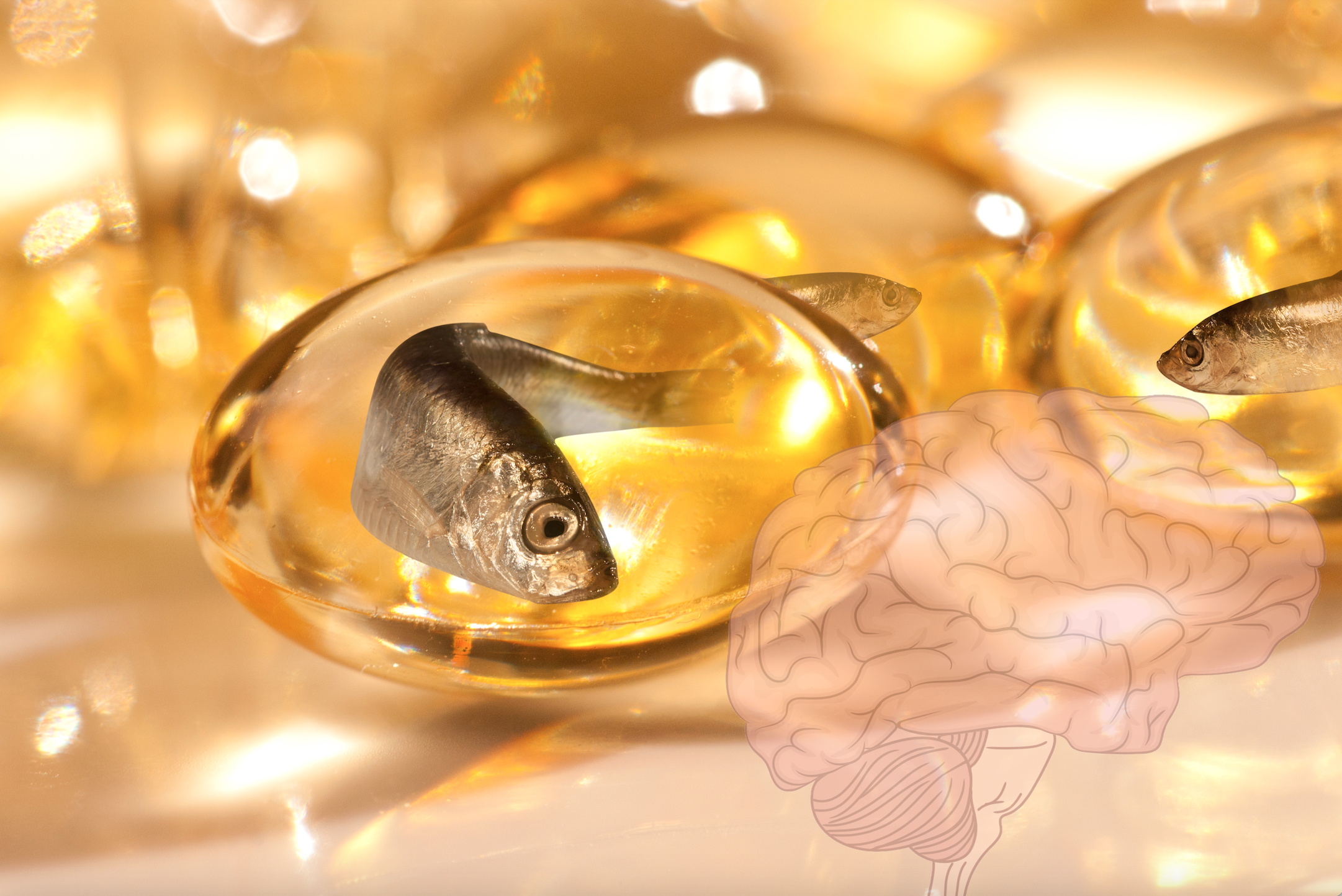N-3 (Omega-3) fatty acids: Effects on brain dopamine systems and potential role in the etiology and treatment of neuropsychiatric disorders
CNP Research Summary can be found in the CNP Library Membership


The CNP Polyunsaturated Fatty Acids and Mental Health Research Category consolidates research exploring the current evidence base to support the connection between polyunsaturated fatty acid intake and brain, psychological, and clinical mental health. To view each original study on the open internet, click “Original.” To view the CNP-written abstract summary, click “CNP Summary.” While only some CNP-written abstract summaries are available below for free, all are available to CNP members through the CNP Library Membership.

There are several risk factors associated with the onset of type-II diabetes, including psychological stress and pre-diabetic states. In this randomized control trial by Rajabi‐Naeeni et al. (2021), the authors investigated the efficacy of omega-3 and vitamin D co-supplementation on improving psychological distresses in 168 women of reproductive age suffering from pre-diabetes and hypovitaminosis D. The participants were randomized into four groups for the duration of the experiment (8 weeks), a placebo group (group 1), omega-3 group (group 2, 1,000 mg tablets), vitamin D group (group 3, 50,000 IU pearls) and a co-supplement group (group 4). The participants had their fasting blood glucose and vitamin D measured at the beginning of the study and were evaluated at the beginning and at the end of the intervention using the Depression Anxiety Stress Scale‐21 and the Pittsburgh Sleep Quality Index. The results demonstrated a substantial reduction in symptoms of anxiety, and improved sleep quality with co-supplementation in comparison to the other three groups. The co-supplementation group also experienced substantial reductions in depression and stress when compared to the placebo group. Thus, the authors highlight the impact of vitamin D and omega-3 co-supplementation on ameliorating depression, anxiety, and sleep quality in reproductive-age women suffering from pre-diabetes and hypovitaminosis D, and recommend these two supplements to enhance the mental health of this particular population.
N-3 (Omega-3) fatty acids: Effects on brain dopamine systems and potential role in the etiology and treatment of neuropsychiatric disorders
CNP Research Summary can be found in the CNP Library Membership
Role of omega-3 polyunsaturated fatty acids in mental health-studies from Japan
Marine omega-3 fatty acid supplementation for borderline personality disorder: A meta-analysis
Recent trends in mental illness and omega-3 fatty acids
CNP Research Summary can be found in the CNP Library Membership
The Importance of marine omega-3s for brain development and the prevention and treatment of behavior, mood, and other brain disorders
A mindfulness-based stress management program and treatment with omega-3 fatty acids to maintain a healthy mental state in hospital nurses (Happy Nurse Project): study protocol for a randomized controlled trial
Omega-3 fatty acid status enhances the prevention of cognitive decline by B vitamins in mild cognitive impairment
CNP Research Summary can be found in the CNP Library Membership
Seafood consumption, omega-3 fatty acids intake, and life-time prevalence of depression in the PREDIMED-Plus trial
Omega-3 supplementation lowers inflammation and anxiety in medical students: A randomized controlled trial